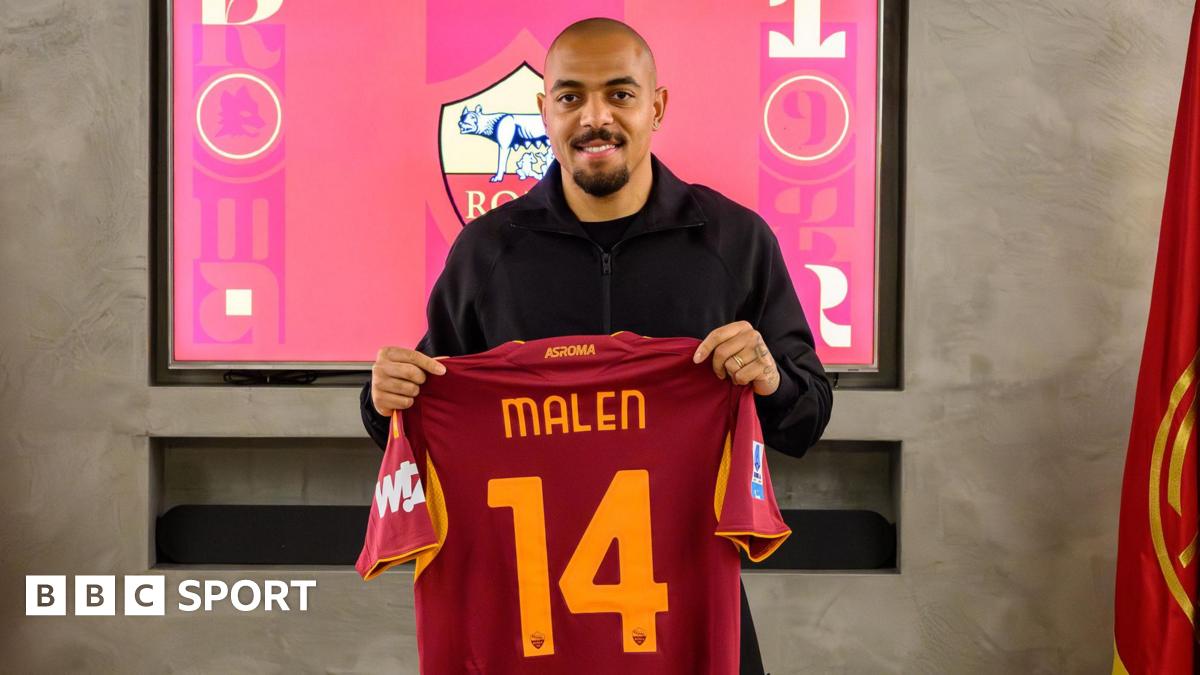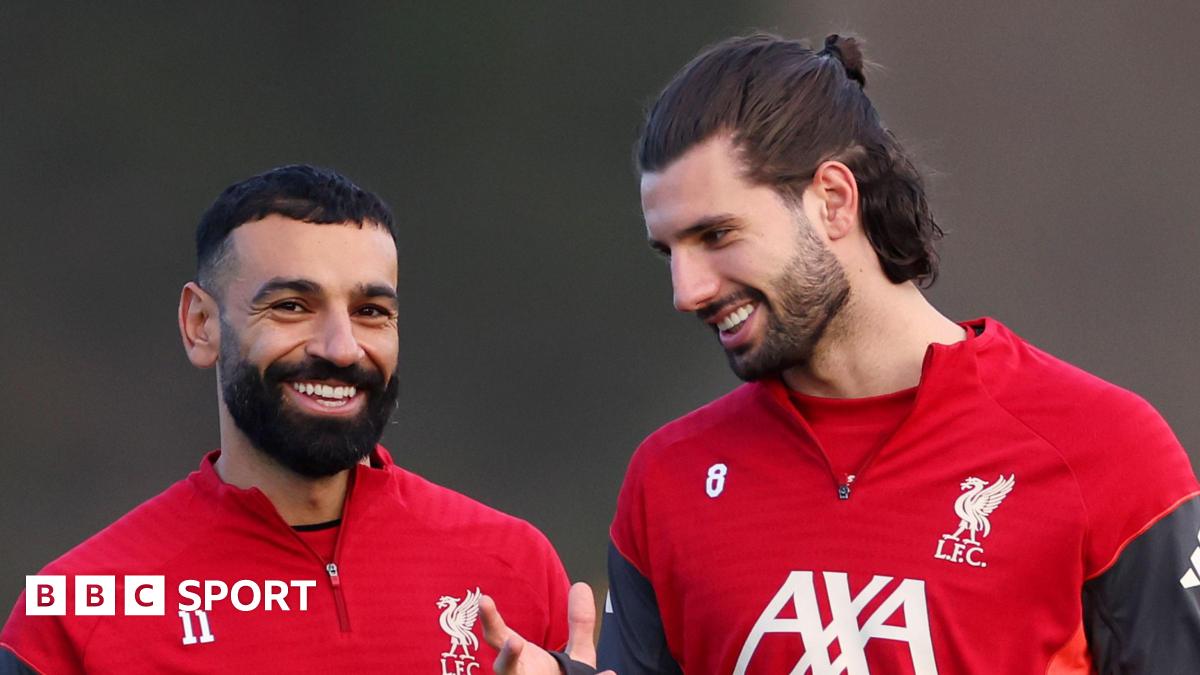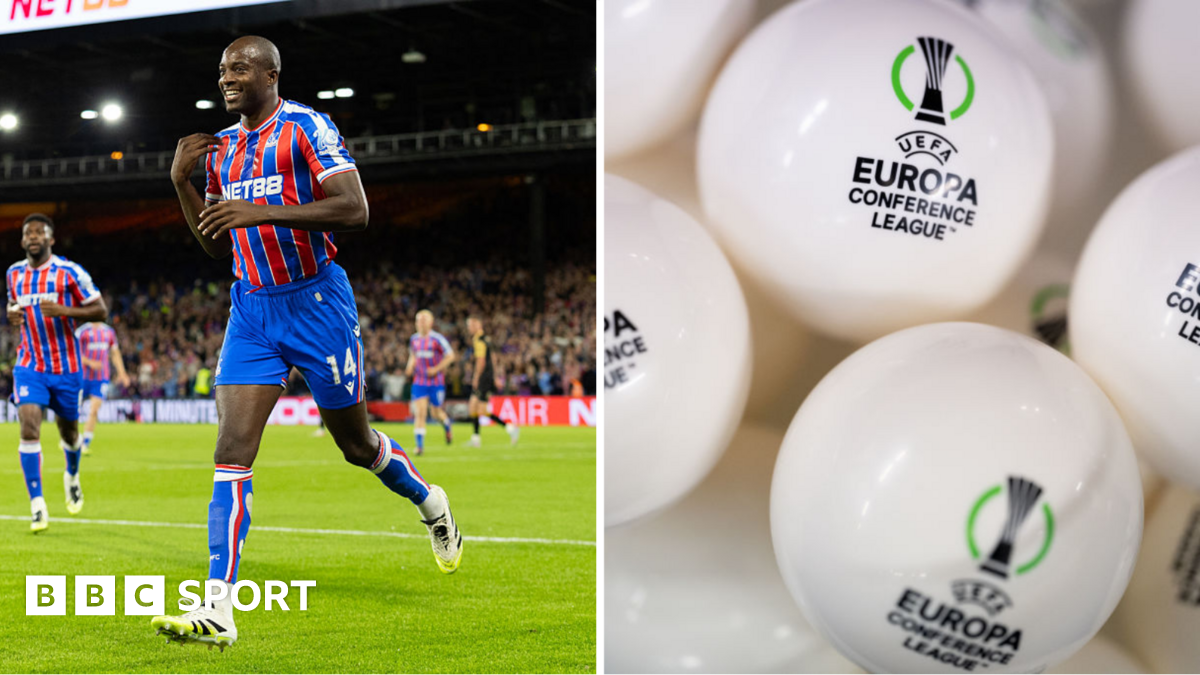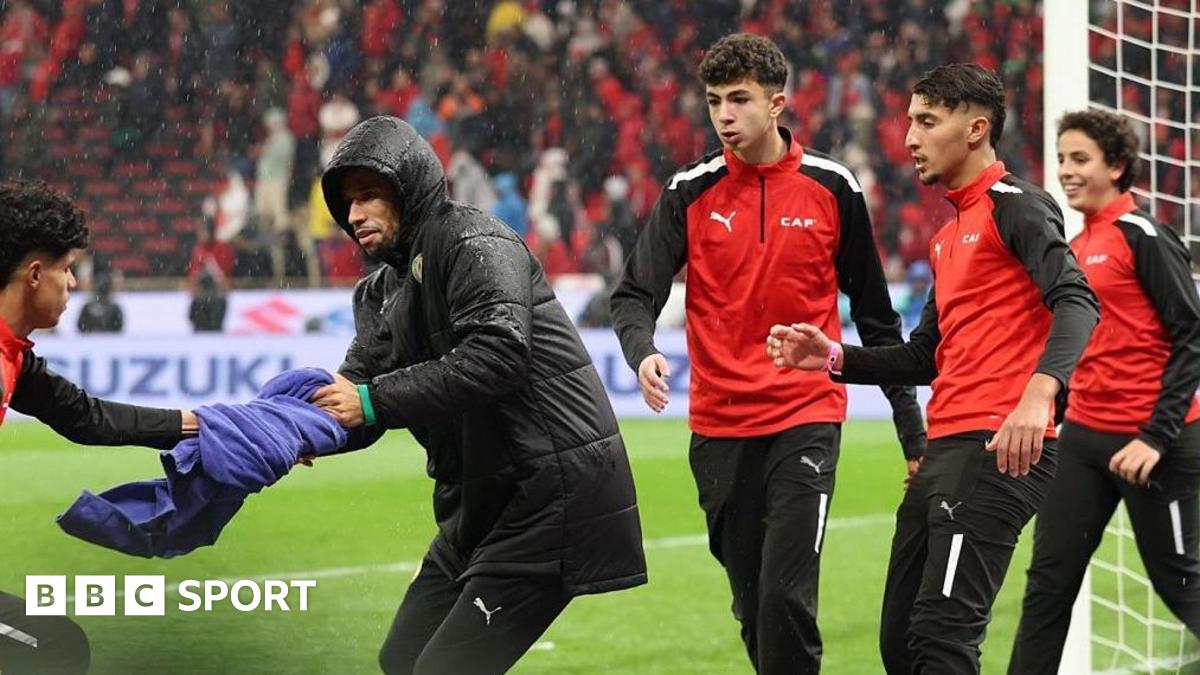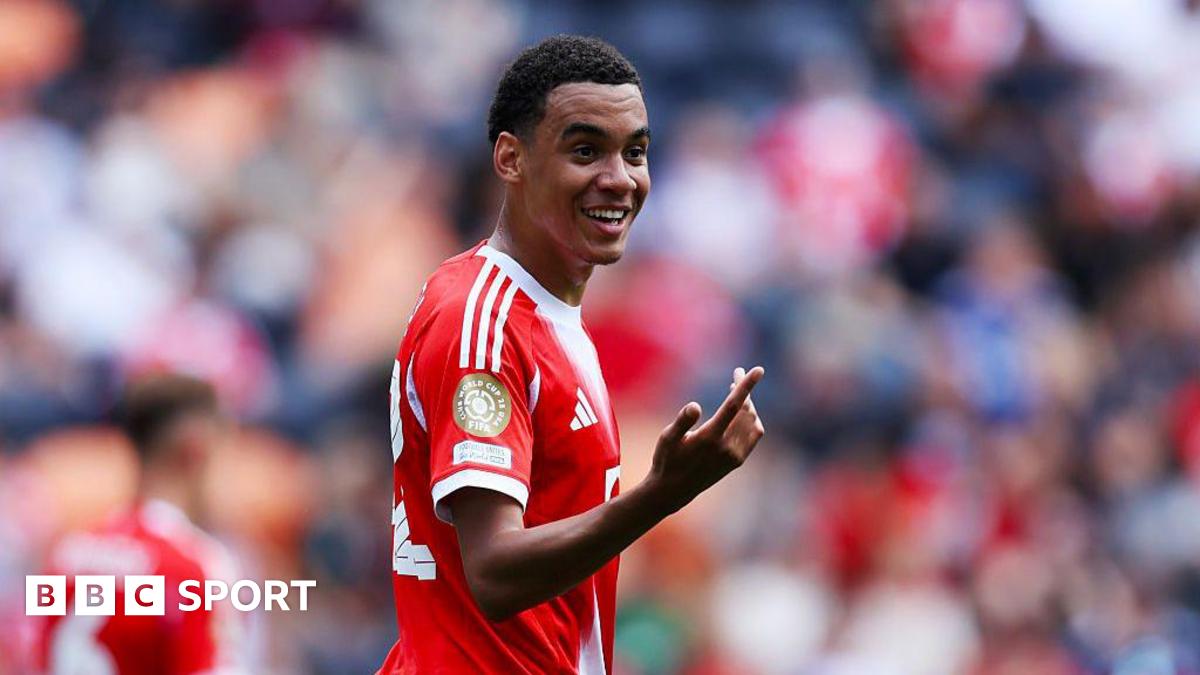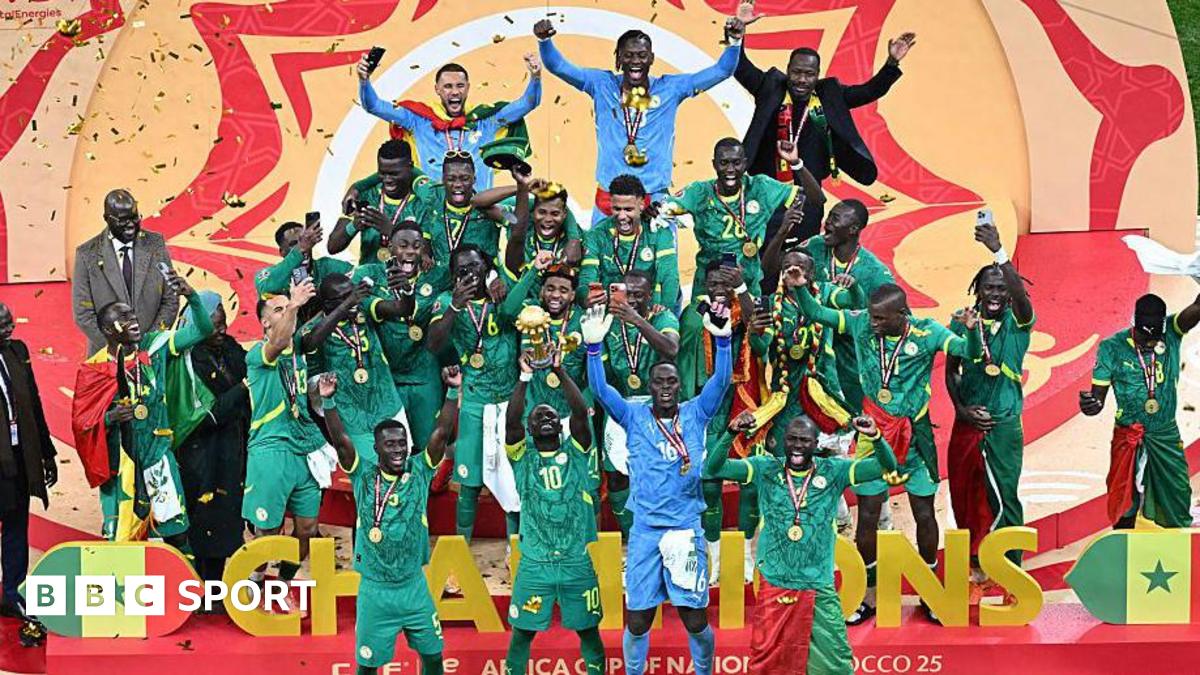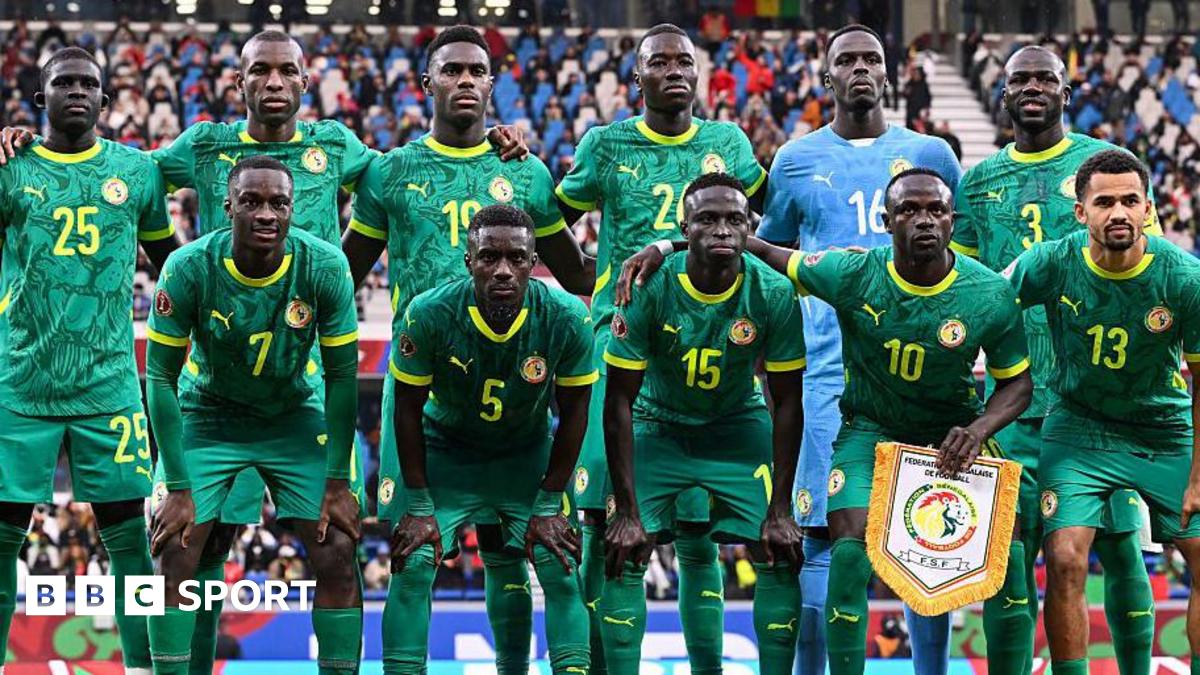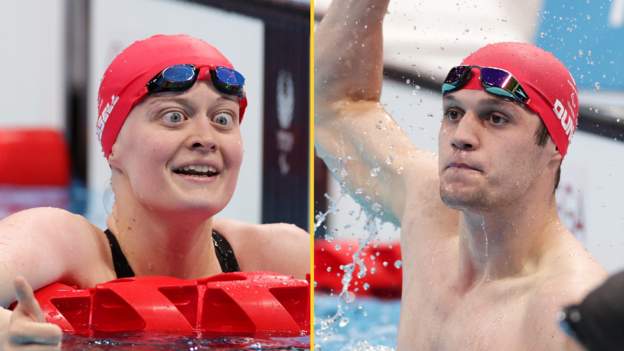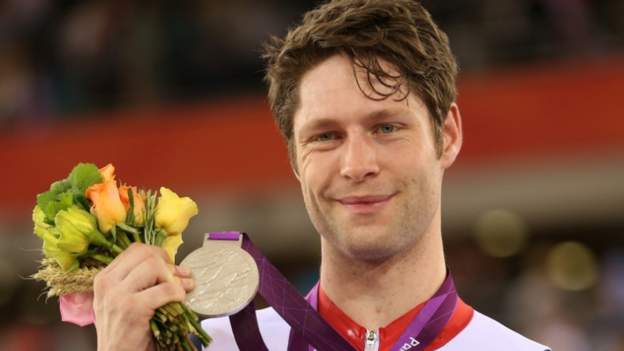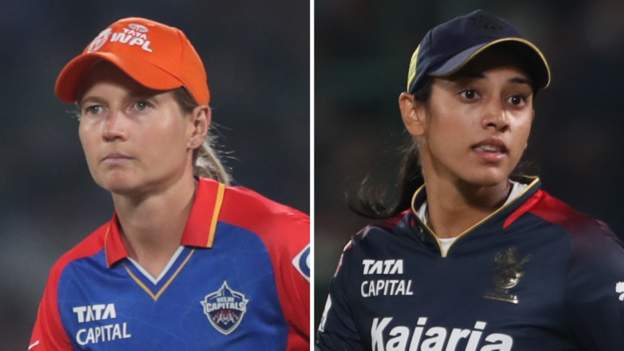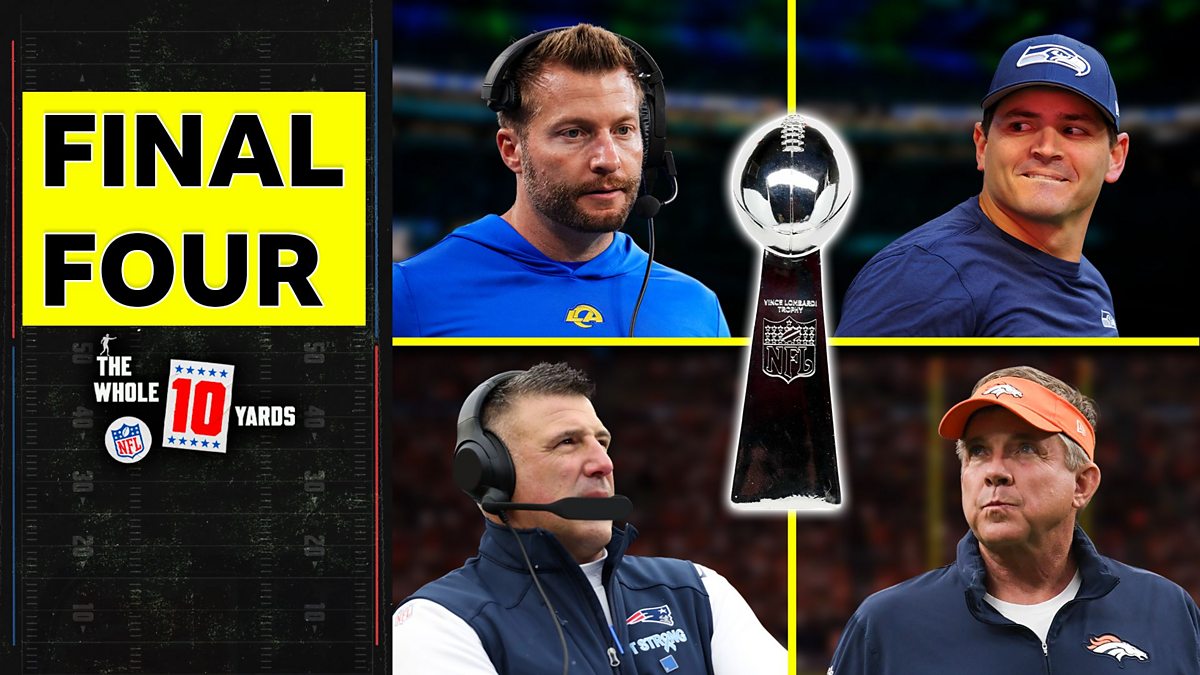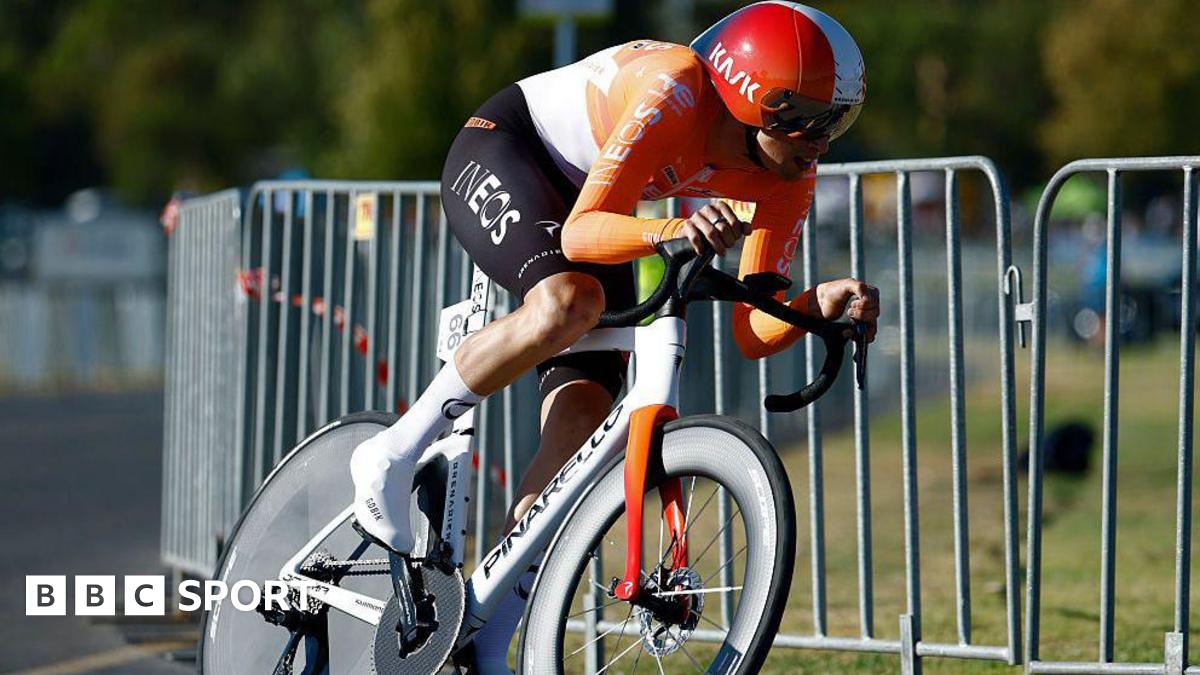| Venue: Tokyo, Japan Dates: 24 August-5 September Time in Tokyo: BST +8 |
| Coverage: Follow on Radio 5 Live and on the BBC Sport website |
Hannah Russell and Reece Dunn both landed gold on another successful day in the pool for British swimmers at the Tokyo Paralympics.
Russell held off the challenge of Russian Daria Pikalova to retain her S12 100m backstroke title.
Dunn made up for the disappointment of finishing second in the S14 butterfly on Wednesday with his first Paralympic crown in the S14 200m freestyle.
Bethany Firth failed to retain her S14 200m freestyle crown, finishing second.
Firth was beaten to gold by Valeriia Shabalina of the Russian Paralympic Committee with fellow Briton Jessica-Jane Applegate taking bronze.
Stephen Clegg became the third member of his family to win a Paralympic medal when he took bronze in the men’s 100m S12 backstroke, following in the footsteps of his sister Libby and brother James who won in athletics and swimming respectively.
Russell, 25, triumphed in a time of one minute 8.44 seconds – 0.32secs ahead of her fast-finishing rival – to win a medal at her third Games.
She won two golds in Rio before taking a break in 2018 and 2019 to deal with mental health issues and told BBC Sport earlier this year that she needed the break to realise how much she missed the sport.
Russell started the final strongly but it was the turn that helped keep her ahead of Pikalova and her strength that got her to the wall first.
“Deep down I really, really wanted to defend my title,” she said. “All the training has really paid off. It’s been the toughest year of training I’ve done.
“Because of my visual impairment when I swim I find it really, really difficult to even judge where anyone is. So it’s literally me against the clock. Although on the turn, and sort of on the last little bit, I can feel the leg kick and I could tell that people were close to me.
“I just kept thinking to myself, ‘just keep fighting, keep fighting.’ I couldn’t feel my legs in the last 15m but I just tried to keep going.”
Dunn, who was diagnosed with autism as a teenager and only made his Para-swimming debut in 2019, also admitted to having had to had to deal with mental health struggles before the Games.
He beat his own world record of 1:52.96 by 0.56secs with Brazil’s Gabriel Bandeira in second, 0.34secs adrift.
“I had Covid earlier this year and then I went through a depressive stage and had to see a psychologist,” said the Plymouth athlete.
“It makes it even more sweet.”
“After the 100 fly, I was more motivated. I had to go out strong towards the 150m mark.
“I felt great, the whole swim felt great but then the pain came on the last half a length and I just had to hang on.”

